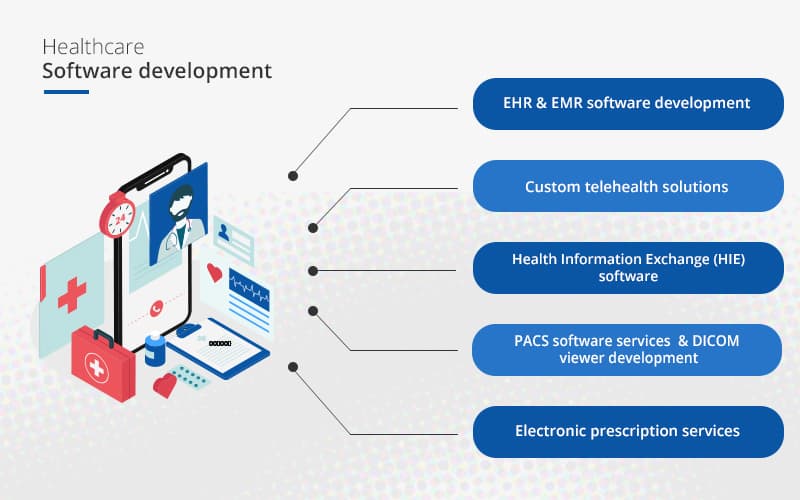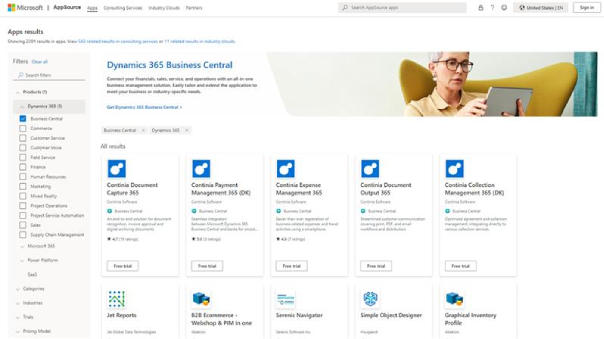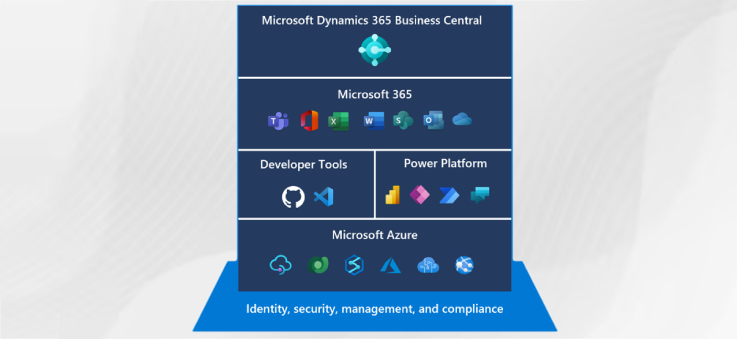However, with technological advances, many new challenges and responsibilities arise. Data must be organized, easily accessible, and secure. There also are multiple legal requirements organizations must adhere to, like being HIPAA and HL7 compliant.
Benefits of Developing an HIS System

Developing a HIS system increases efficiencies and reduces many of the prices that accompany information management. It also increases agility and therefore the ability to satisfy the ever-changing requirements of the industry.
Streamline Processes and Reduce Costs
The healthcare ecosystem is comprised of hospitals, specialists, pharmacies, clinics, etc. each generating patient and facility-specific information. Without a central system connecting these departments, the info is fragmented and doesn’t provide much value to patients and practitioners. A centralized data system ensures seamless care by allowing healthcare providers to share information through secure channels. This connectivity improves analyses, diagnoses, and overall patient care. Implementing a HIS system is additionally cost-efficient because digitizing processes reduce waste and money spent on paper goods.
Manage Patient Medical Records
Accurate patient records are critical for every hospital and healthcare provider. A comprehensive system provides access to patients’ medical records and histories in one centralized database. Having access to these records enhances practitioners’ abilities to provide accurate diagnoses.
Increase Productivity and Quality of Service
The speed at which doctors and nurses can access information helps improve their ability to provide optimal care, addressing issues in a timely manner, creating positive and possibly lifesaving experiences for patients.
Integrate Hospital Information Systems
Digital systems make integration with existing software possible, providing access all necessary data and documentation in one place.
Manage Appointments and Calendars
Digital calendars streamline and optimize the scheduling process, showcasing availabilities, providing access to calendars remotely, giving patients the opportunity to set and manage their appointments, etc.





